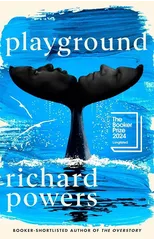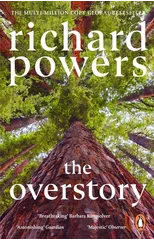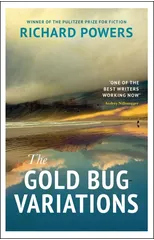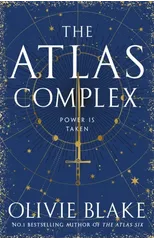'Part of the joy of reading Powers over the years has been his capacity for revelation' Colson Whitehead On the west coast of America, virtual reality researchers race to complete the Cavern, a plain white room that can become a jungle, a painting or a vast Byzantine cathedral. Adie Klarpol, a disillusioned artist, is fascinated by this cutting-edge technology. In a war-torn city on the eastern shores of the Mediterranean, an American teacher - Taimur Martin - is held hostage, chained to a radiator in an empty white room. What can possibly join two such remote places? Only the shared imagination, a room that these two people unwittingly build in common... 'Spectacular... Riveting' New York Times
Richard Powers
Richard Powers is an American author known for his complex and innovative novels that blend science, technology, and the human experience. His most notable works include "The Overstory," a Pulitzer Prize-winning novel that explores the interconnectedness of humans and nature, and "The Echo Maker," which won the National Book Award.
Powers' literary style is characterized by his intricate narratives, deep research, and poetic language. He often delves into themes such as the intersection of technology and humanity, environmental issues, and the power of storytelling.
Powers' contributions to literature include pushing the boundaries of traditional storytelling and challenging readers to think critically about the world around them. His impact on the literary genre is profound, as he continues to inspire readers and writers alike with his thought-provoking works.
Overall, Richard Powers is a visionary writer whose work has left a lasting impact on literature, particularly in the realm of environmental fiction. His ability to weave together science, philosophy, and emotion has solidified his place as one of the most important contemporary authors.








